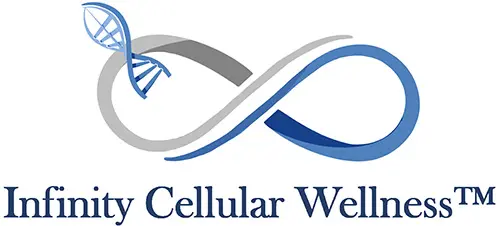When preparing for stem cell therapy, one of the most important things you can do to support your body’s healing potential is to avoid alcohol. While that glass of wine or evening cocktail might seem harmless, research shows that alcohol consumption—especially around the time of stem cell infusion—can negatively impact your results in several key ways.
Here’s why it’s strongly recommended to stop drinking alcohol 72 hours before and for at least 7 to 14 days after receiving mesenchymal stem cell (MCS) therapy.
🧬 1. Alcohol Impairs Stem Cell Viability and Function
Mesenchymal stem cells (MSCs) are living, intelligent cells that help reduce inflammation, regenerate damaged tissue, and signal your body to repair itself. However, alcohol disrupts these regenerative processes.
📚 The Research:
- A study published in Stem Cell Research & Therapy found that ethanol exposure reduced the proliferation and differentiation potential of MSCs in vitro.¹
- Alcohol impairs mitochondrial function in stem cells, which is critical for their energy production and survival.²
- Another study showed that alcohol-induced oxidative stress leads to premature stem cell aging (senescence) and loss of potency.³
Translation: Alcohol literally weakens the stem cells before they even get a chance to work.
🔥 2. Alcohol Increases Systemic Inflammation
Stem cells thrive in a low-inflammatory environment. Alcohol, on the other hand, is known to increase gut permeability, trigger immune responses, and raise systemic inflammation levels—creating a hostile environment for cell therapy.
📚 The Research:
- Even moderate alcohol use can elevate levels of C-reactive protein (CRP), a marker of systemic inflammation.⁴
- Alcohol-induced inflammation is especially damaging to the liver, brain, and musculoskeletal tissues—areas where stem cells are often applied.⁵
🩸 3. Alcohol Reduces Blood Flow and Oxygenation
For stem cells to be effective, they need good circulation to reach the targeted tissues. Alcohol is a vasodilator at first, but then causes vasoconstriction, impairing blood flow and limiting oxygen and nutrient delivery to tissues.
This reduced circulation may interfere with the delivery and integration of stem cells post-infusion.
🧠 4. Alcohol Disrupts Immune Balance
Stem cells work in harmony with your immune system to reduce inflammation and guide healing. Alcohol disrupts immune signaling, which can lead to poor coordination between immune cells and stem cells.
In fact, chronic alcohol use has been linked to immune dysregulation and delayed tissue repair.⁶ This can reduce the therapeutic effects of stem cell treatment and extend recovery time.
🗓️ Timing Matters: When Should You Avoid Alcohol?
✅ Stop drinking at least 72 hours before your MCS stem cell infusion. This allows your body time to reduce systemic inflammation, process residual alcohol, and prepare a favorable environment for the stem cells.
✅ Continue to avoid alcohol for 7–14 days after the infusion. This healing window is critical as the stem cells begin to migrate, modulate inflammation, and trigger tissue repair.
✅ Bottom Line: No Alcohol = Better Results
If you’re investing in your health through advanced regenerative therapy like MCS stem cells, supporting your body with the right environment is essential. Alcohol is one of the simplest things to temporarily remove that can have a major positive effect on your results.
Taking a break from alcohol before and after your infusion isn’t about restriction—it’s about giving your body the best chance to heal.
📚 References:
- Zhang et al. (2014). Ethanol impairs mesenchymal stem cell differentiation and mitochondrial function. Stem Cell Res Ther.
- Fan et al. (2016). Ethanol-induced damage to stem cells: mechanisms and therapeutic strategies. Cell Death Dis.
- Zhou et al. (2018). Oxidative stress and alcohol accelerate stem cell aging. Oxidative Medicine and Cellular Longevity.
- Imhof et al. (2001). Moderate alcohol consumption and CRP levels. Alcohol Clin Exp Res.
- Mandrekar & Szabo (2009). Inflammatory pathways in alcohol-induced organ damage. Nat Rev Gastroenterol Hepatol.
- Szabo & Saha (2015). Alcohol’s effect on host defense. Alcohol Res.

